If you don’t know, that’s normal. There is actually very little difference in taste when preparing a clam based meal. But besides both being bivalve mollusk, there are quite a few differences. Steamers, or Soft-shelled clams, have quite thin, white grey shells. With their oval-like body, they will burrow into the sandy mud of the bays and use a long siphon to filter feed. They thrive in bays because of their abilities to tolerate rapid salinity changes. Quahogs, or hard-shelled clams, on the other hand have a more rounded thick white grey shell with rings on it. They do not burrow as deeply and in fact have two short siphons in order to filter feed. While they also live in bays, they are mostly found in areas where the salinity is lower than the open ocean. Clams along with other filter feeders like oysters do an excellent job at taking in the pollutants us humans put in the water with little to no effect to themselves. While this is amazing, it is still very important to fix the pollution problem in our three bays because we are harming ourselves by eating the clams that are filtering the pollutants. Cleaner water = safe, delicious food!
Homepage
>
Living Laboratory Cape Cod
>
What We Do At BCWC
>
What’s Your Preference? Soft-shelled or Hard-shelled Clams?
